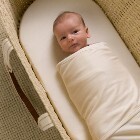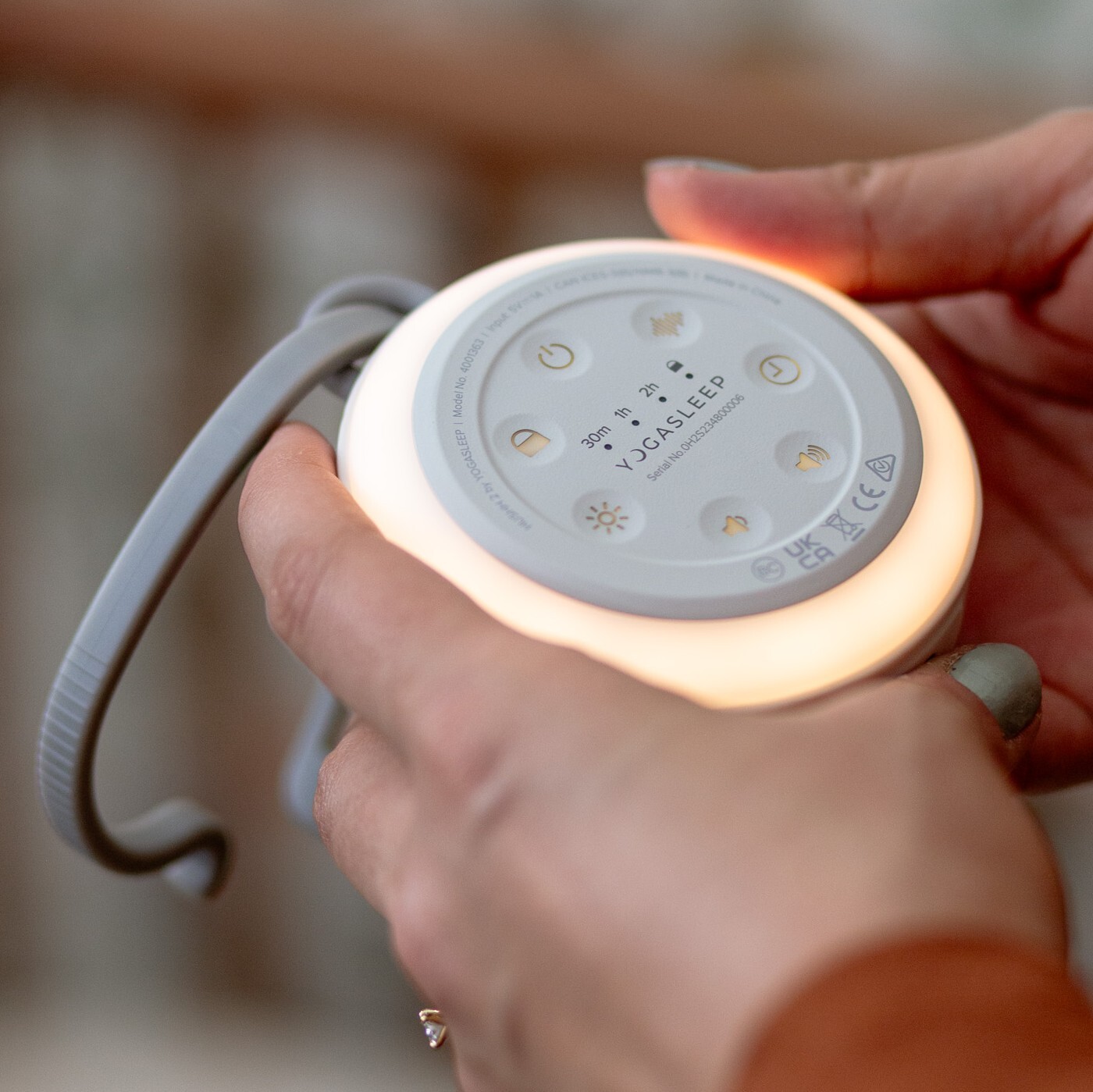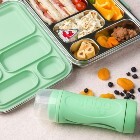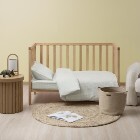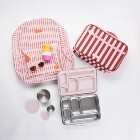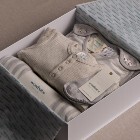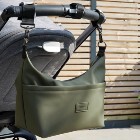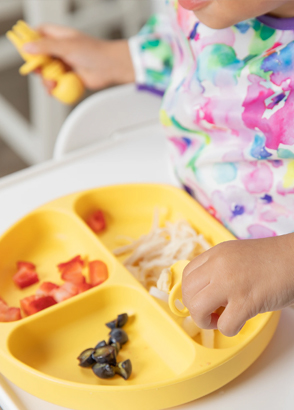Health professionals and breastfeeding experts agree that breastmilk or formula is all your baby needs until six months of age. It is important that your baby is both developmentally and physiologically ready to eat solid foods. This is generally between the ages of 6-8 months.
Parents often decide to introduce solids earlier than recommended for a multitude of reasons. Often they are guided by what other parents are doing, their WellChild service has recommended it, they think it will help their baby sleep longer or, the most common reason I hear – “my baby stares at me when I’m eating”. Babies are inquisitive creatures, they learn by watching the world. Following your mouthful or grabbing food from your plate does not mean that their tiny, immature gut is ready for solids.
Below is a list of just a few of the organisations that recommend that all babies are exclusively breastfed (no cereals, juice or other foods) for the first six months of life:
-
World Health Organisation
-
UNICEF
-
Ministry of Health NZ
-
American Academy of Pediatrics
-
American Academy of Family Physicians and Research
-
Australian National Health and Medical Council

